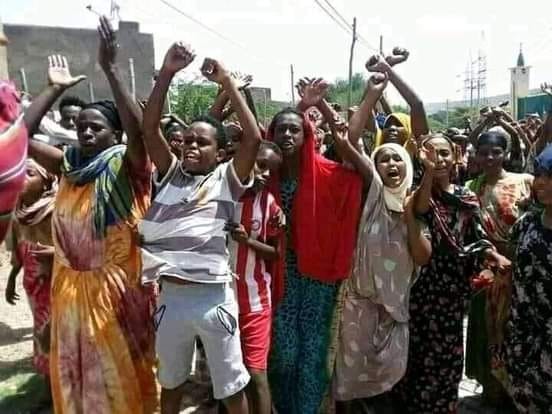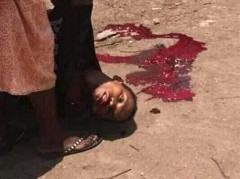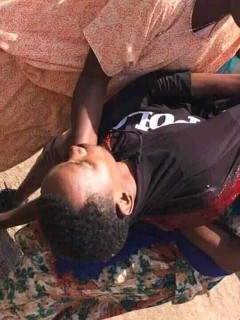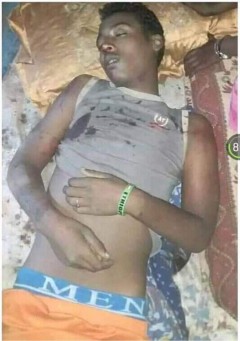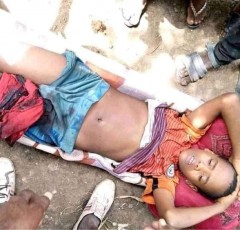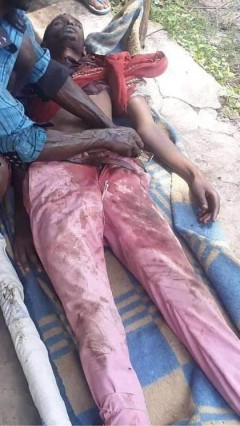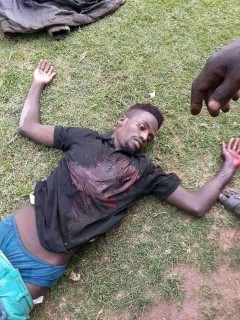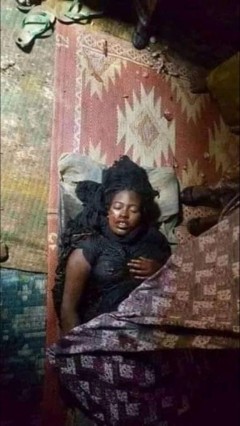More than 100 people died in all districts of Oromia region when
Ethiopian forces fired on protestors demanding the release of Jawar Mohammed
and all opposition leaders who are held in Prison, officials who doesn’t want
to tell his name said Thursday, further undermining hopes for a democratic
transition under Prime Minister and Nobel peace laureate Abiy Ahmed.
Rights groups said the toll was significantly higher in the protests, which
broke out Monday in many cities and towns over the detention of politicians
rounded up during political and ethnic violence in June and July.
In the eastern city of Harar, 24 people were treated for bullet wounds at the
Hiwot Fana Referral Hospital and thirteen of them died, according to a doctor
who spoke on condition of anonymity.
"On Monday there were 14 people with bullet wounds, two of them
fatalities, who came to our hospital. And on Tuesday there were 10 people with
bullet wounds, one of them fatal," the doctor said.
In Dire Dawa, another eastern city, two people were killed and four injured,
according to a statement from the city administration which blamed the unrest
on "entities with malign intentions who hide inside society".
“Limane was nine months Pregnant when She was Shot by
security force in Aawadaay Town of Eastern Hararghe. She was pleading for water
while the Officer who Shot her showed no mercy Standing on her head until her
last breathe.” Said eye witness.
Deaths have also been reported in 13 different locations in the Oromia region
which surrounds the capital Addis Ababa, according to a statement Thursday from
the Ethiopian Human Rights Commission, a government body.
The commission "is deeply alarmed by the loss of life amid protests in
Oromia, and calls on authorities to prevent security forces from using
excessive force," said the statement, which did not include a death toll.
Fisseha Tekle, a researcher for Amnesty International, told AFP Thursday that
at least 20 people had been killed -- a figure that could not be independently
verified.
"The government should investigate those members of the security forces
who are suspected of committing this violence," he said.
Some of the protests were linked to reports that Jawar Mohammed, a high-profile
Abiy critic who has been falsely locked up for more than six weeks, was not
receiving proper medical care, Fisseha said.
Jawar is one of many prominent opposition politicians arrested during the
government’s orchestrated violence that erupted after the shooting death in
June of Hachalu Hundessa, a popular singer from the Oromo ethnic group, leaving
more than 200 dead.
Jawar appeared in court Monday complaining of "vomiting" and
"shivering" but has demanded to be treated by his own doctors because
he does not trust the government's, his lawyer Tuli Bayyisa told AFP.
Though Abiy is Ethiopia's first Oromo leader, he faces intense criticism from
Oromo nationalists like Jawar who accuse him of being a poor advocate for their
interests.
Oromia police and government officials did not respond to requests for comment
Thursday.
The office of Ethiopia's attorney general on Tuesday defended the government's
response to recent unrest, saying in a statement that investigations would
reflect a "commitment to human rights".


